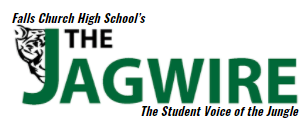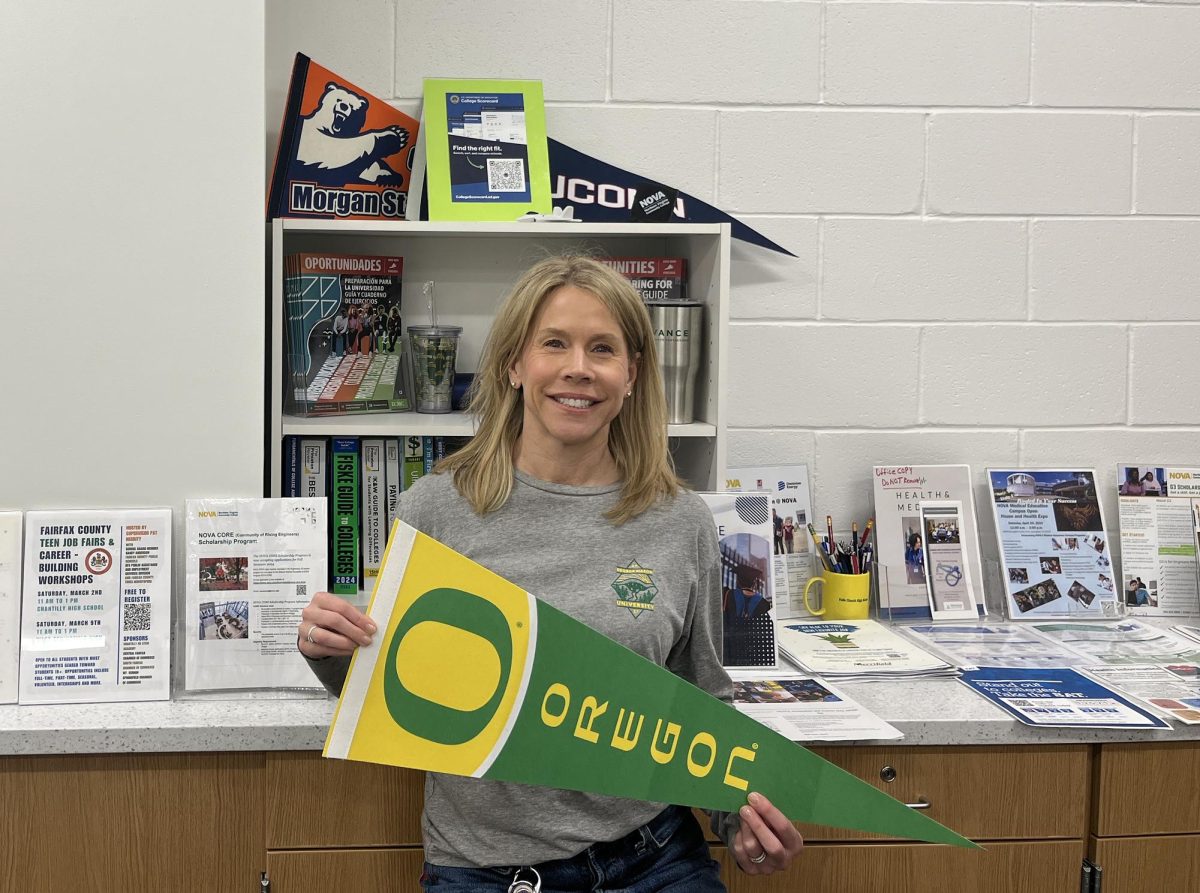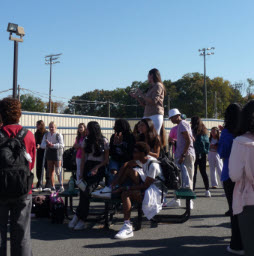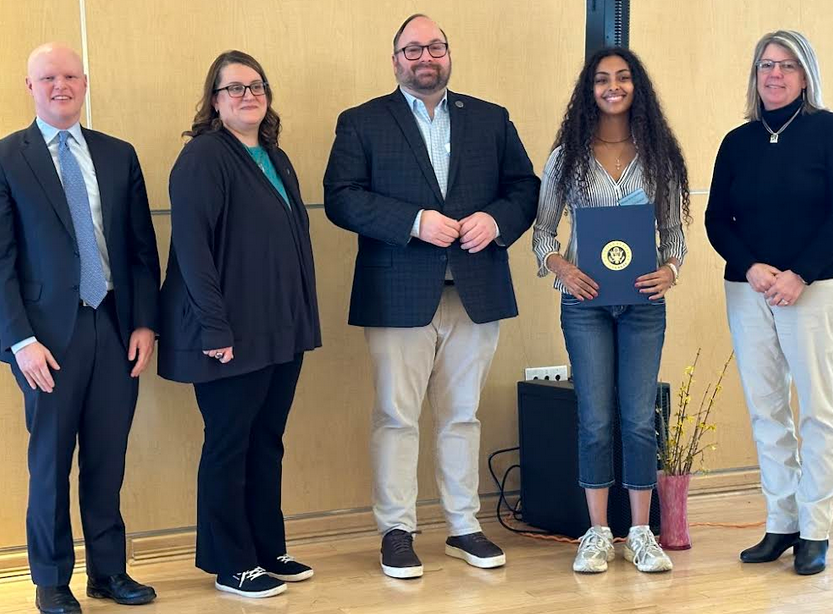College prices have gone up and up with inflation. More and more students struggle each year because the price is going up so much. The Free Application for Federal Student Aid or FAFSA is a form that you can fill out for federal student aid such as federal grants, work-study funds, and loans to help you pay for education. After you fill out the form, you are eligible for consideration for access to Federal Student Aid which helps you pay for college or career/trade school. If you need help with paying for college, or even if you don’t, FAFSA is worth signing up for and having your name in the system.
What FAFSA does when you sign up for it is, it makes you eligible for getting government aid based on your parents’ income, if you work a job, how many taxes you pay, and other variables as well. One thing that FAFSA can help you get is a Pell Grant. Pell Grants are free money from the government that you don’t have to pay back.
“The federal government can decide how much money a student might be able to receive to study in college,” said FC’s College and Career Specialist Terri Markwart. “The (Pell Grant) is depending on your family income, investments you have, you could become fully Pell eligible. The maximum amount you can get from the Pell Grant this year is $7,000.”
FAFSA gives out around 112 billion dollars each year to students. In 2019-2020, FAFSA had 17.7 million high school graduate students apply. The National College Attainment Network (NCAN) estimates that 53.4% of the high school class of 2023 completed the FAFSA.
“FAFSA is an amazing opportunity to give some financial relief when thinking about your future in college,” said Soha Guirguis (12). “I definitely recommend applying for it because it can only help you.”
According to the website College Simply, in 2021 the average annual in-state college tuition in Virginia was $15,942. However with colleges in Virginia varying so much, every college is going to be different.
Three years ago congress passed a law called the Consolidated Appropriations Act which included the FAFSA Simplification Act because the original form was extremely long. The problem that kept coming up with the new simplified form was caused by a glitch in the software, not the form itself.
“(The form) is automatically submitting the FAFSA for families before they sign it,” said Markwart, “[The form] says you didn’t sign it and then people (filling out the form) can’t go back and fix it.”
Once you complete the form, you also need an FSA (Federal Student Aid) identification. This is like a social security number for you and you only get one. You have to be a U.S. citizen to apply for the FAFSA because you need a social security number otherwise you can’t get a FSA identification.
“Anybody who has a parent who doesn’t have a social security number cannot get the FSA identification,” said Markwart. “That is why I have so many paper copies.”
As of July 1, 2020, students who do not have a social security number are eligible for the VASA (Virginia Student Aid). There are three requirements to be eligible: Lived in Virginia for two years, be graduating from a Virginia high school, and you or your parents have to have filed taxes. You can then be eligible for in-state tuition as well as VASA.
If you need help with filling out the FAFSA or VASA, you can go to Markwart’s office, the College and Career Center, which is now located in the new library.




